At the event “International Experience and the Role of the Banking System in the Financial Center” held on April 16, 2025, organized by Banking Times, economist Richard D. McClellan - Founder and CEO of RMAC Advisory, LLC - shared insights on IFC models and recommended strategic implications for Vietnam.
With many years of experience advising governments and global financial institutions, Mr. Richard D. McClellan analyzed the challenges and potentials, and expressed strong optimism about Vietnam's prospects. We had the opportunity to talk with him right after the event.
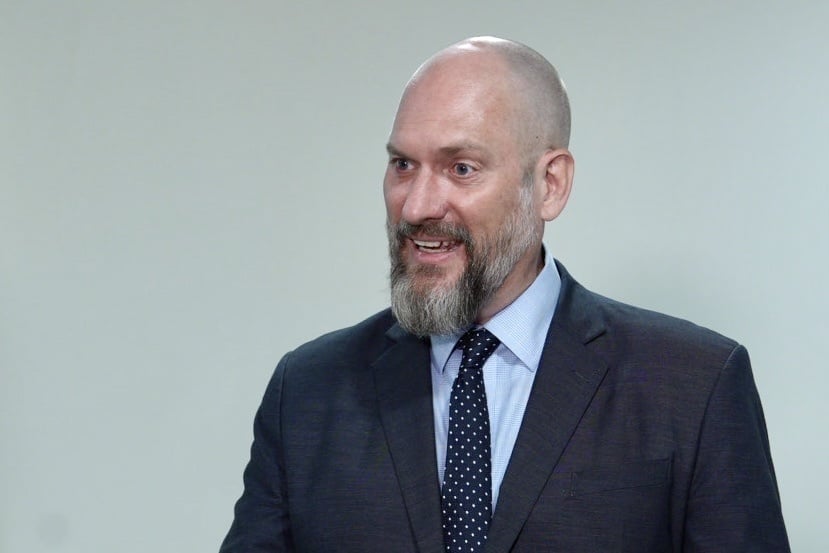 |
| Mr. Richard D. McClellan talks with Banking Times - Photo by Hoang Giap |
Sir, why are international financial centers considered assets and strategic tools of a country?
Richard D. McClellan: In the global race to attract capital, talent, and innovation, international financial centers have become the “megacities” of the financial world . But success does not come from saying “we are building an IFC” or “we have an IFC.” Success comes when global capital actually chooses to flow into that center. For Vietnam, a country striving to reach high-income status by 2045, this is a rare and timely opportunity, if done right.
An IFC is more than just a place where financial transactions take place. It is a platform to mobilize global capital, deepen domestic financial markets, attract high-quality human resources and increase soft power. For a country aiming for high income like Vietnam, IFC can help transform the structure of the economy and become a launch pad for long-term growth.
In your opinion, what core elements does a modern international financial center need?
Richard D. McClellan: I see several key elements, including the ability to move capital flexibly, unrestricted access to foreign currency, a transparent and predictable legal system (including the ability to enforce contracts, arbitration mechanisms and compatibility with international law) along with compliance with global accounting and financial standards such as IFRS - short for "International Financial Reporting Standards", meaning International Financial Reporting Standards, a full financial infrastructure is also indispensable: trading floors, clearinghouses, credit institutions... And especially, that center must provide a high-quality living environment to attract and retain international experts.
There are many different IFC models in the world. Can you share some typical examples and the core elements that make a trustworthy and successful IFC?
Richard D. McClellan: Each model reflects a distinct domestic context. Singapore has built its success through national-level reform – with a single regulatory authority (MAS), a clear fintech mandate, and stable policies. Dubai has taken a different path: it has created a separate common law jurisdiction, with its own independent regulator and arbitration system – almost a “nation within a nation.”
Astana in Kazakhstan is also an interesting example – a new but “ring-fenced” model, aiming for sustainable finance (ESG) and attracting regional capital. Despite their differences, what these hubs have in common is clarity, credibility and a long-term strategy pursued by the state.
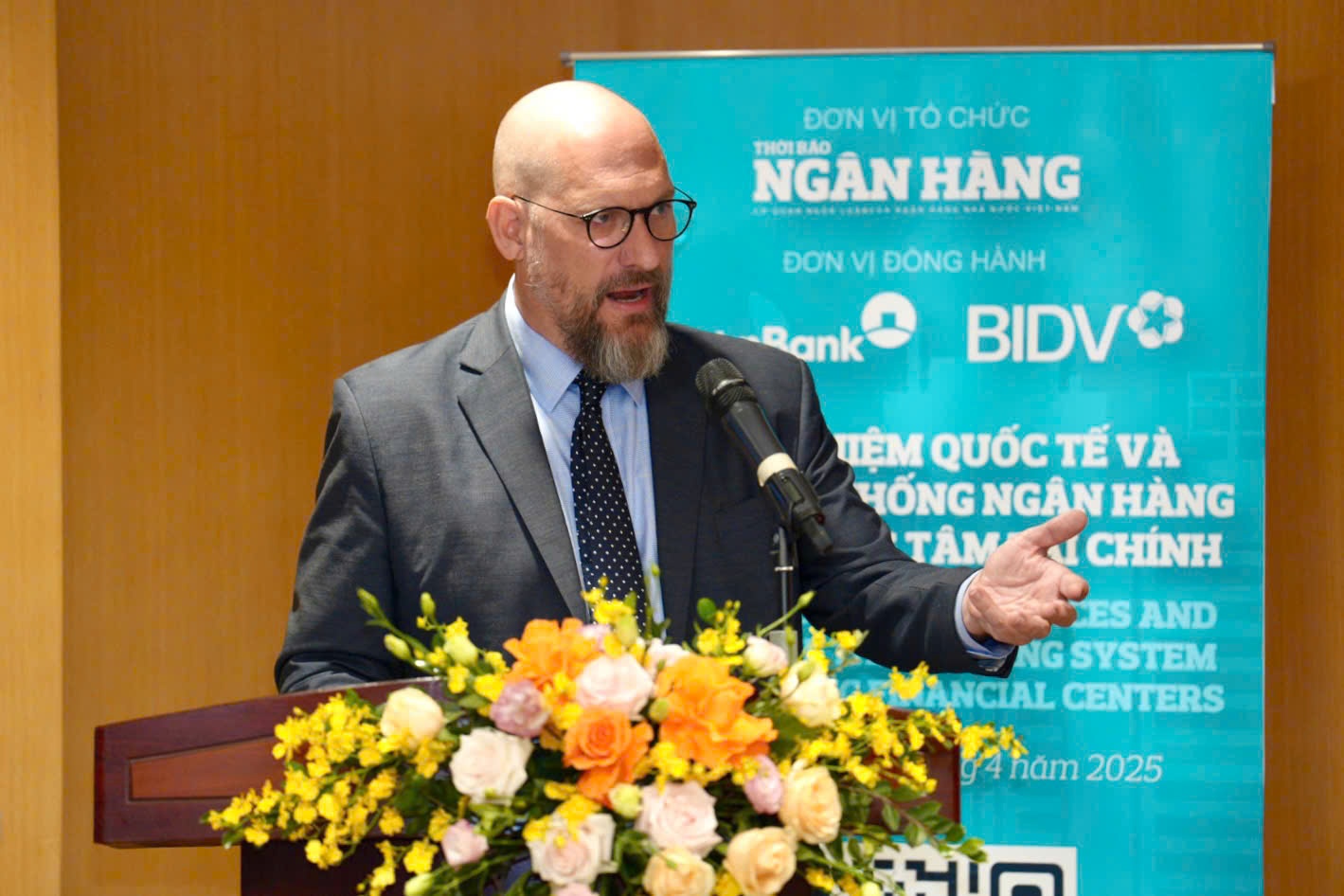 |
| Mr. Richard D. McClellan shared at the event - Photo: Hoang Giap |
So, there seems to be no one “one size fits all” model when it comes to building IFC?
Richard D. McClellan: Exactly. Countries succeed not because they copy each other, but because they build models that fit their own needs and gain the trust of their international partners. That trust is built over time—not by decree or declaration, but by investors feeling confident enough to put real capital into the system.
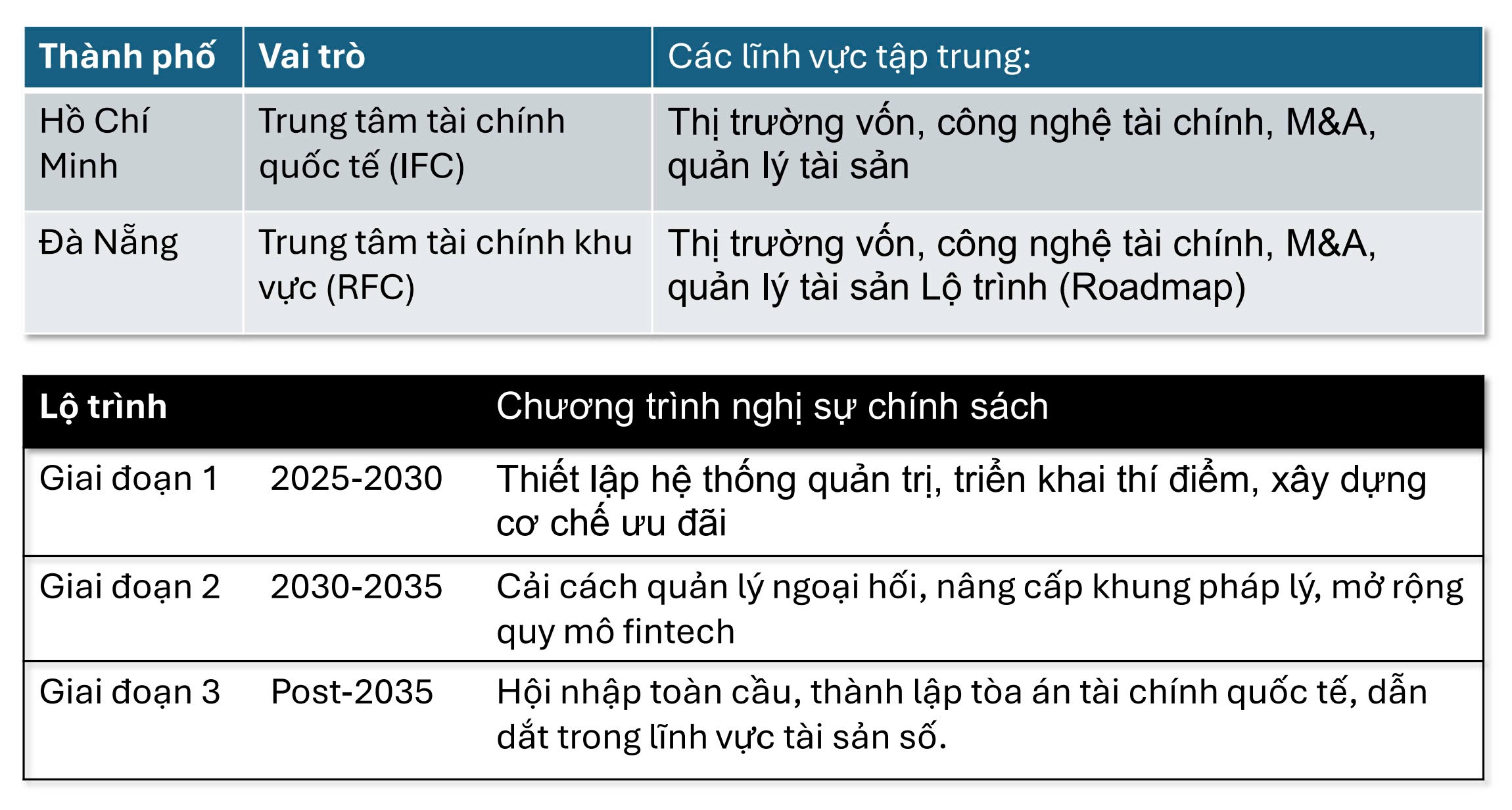 |
| Expected roadmap - Graphics: Van Lam |
Currently, Vietnam is orienting to develop Ho Chi Minh City into an International Financial Center (IFC) and Da Nang into a Regional Financial Center (RFC), aiming to realize the development vision by 2045. What do you think about this orientation? And if successful, what do you envision IFC Vietnam to be like in 2035?
Richard D. McClellan: I think this is a very timely and correct move. Ho Chi Minh City has a strong financial and economic foundation, while Da Nang can serve as a flexible testing ground at the regional level. The 2045 vision is reasonable, but the next decade will be a pivotal period - requiring bold decisions and reforms.
As for IFC Vietnam’s vision in 2035, I expect Ho Chi Minh City to rapidly climb the GFCI rankings, attract over 10% of Vietnam’s total FDI, and become a regional hub for global asset management firms. Vietnam can adopt a digital legal framework in line with OECD standards; foreign investors and domestic startups will increasingly choose to operate in Ho Chi Minh City through IFC, rather than having to list or set up headquarters abroad.
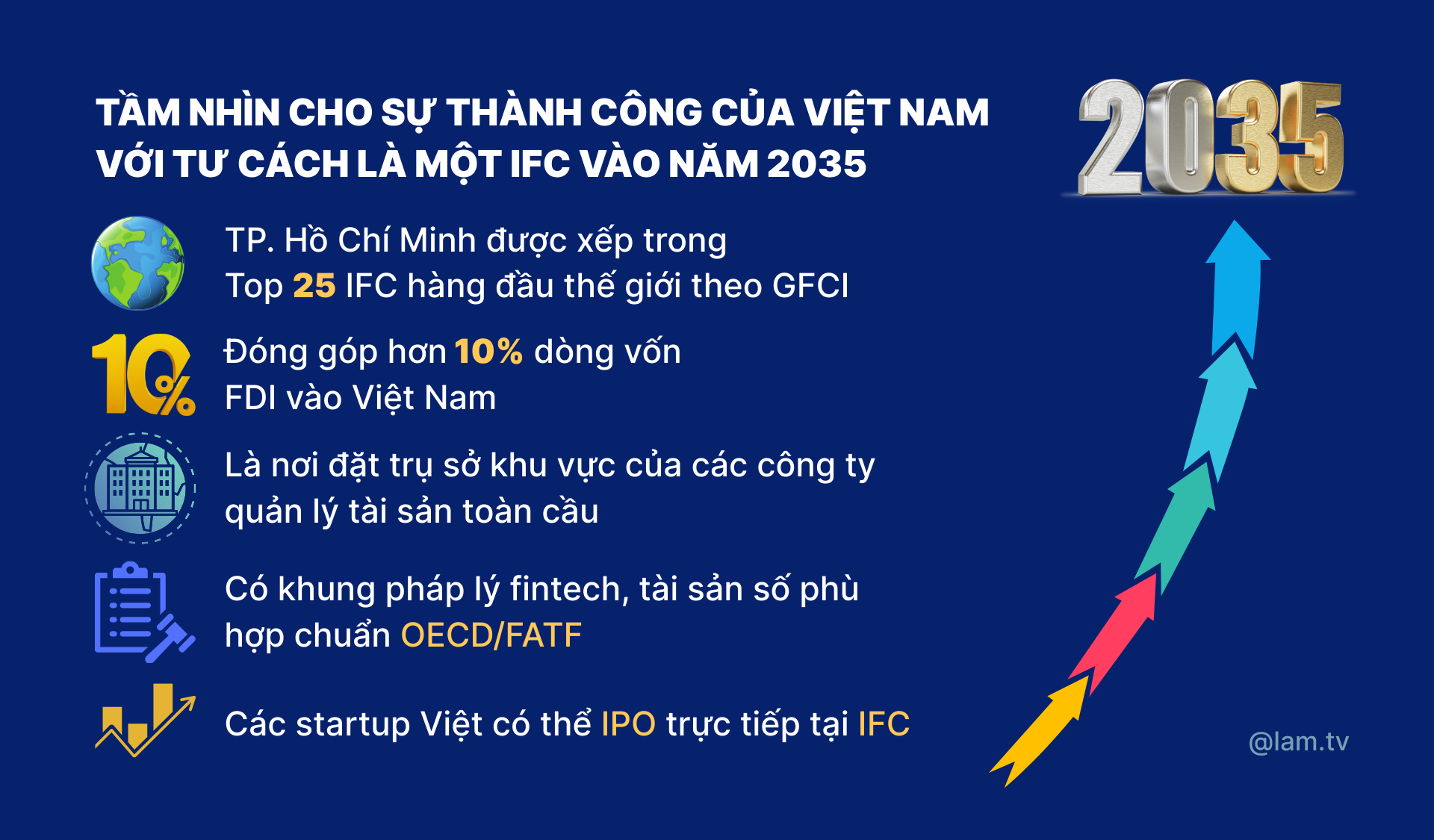 |
| Image of a successful IFC Vietnam in 2035 – Graphics: Van Lam |
Based on your analysis, although IFC opens up great opportunities for Vietnam to attract capital for development, it is clear that it cannot “copy the original” from any country. In your opinion, which approach and model is most suitable for Vietnam? And based on that approach, which partners should Vietnam prioritize in cooperating with in building IFC?
Richard D. McClellan: The “hybrid” approach (hybrid reform model) that Vietnam is pursuing – not creating a completely separate legal zone, but having a specific legal framework – is a practical direction. However, Vietnam needs to be bold in key points such as: Using foreign currency, transferring profits abroad, resolving disputes and protecting investors… These are exactly the things that global capital flows are looking for.
In terms of partners, I think Singapore is the obvious choice - as both a role model and a regional financial connectivity partner. Meanwhile, the UK and Dubai have deep experience in international financial law and arbitration. Multilateral organizations such as the World Bank, ADB, UNDP can provide technical support and increase international credibility. The private sector also needs to participate, especially asset management companies, venture capital funds and fintech companies - the units that best understand what global investors need.
In the process of developing and operating IFC, what do you think are the biggest risks to the financial-monetary system and the Vietnamese economy? At the same time, how can we respond effectively?
Richard D. McClellan: I think there are three main risks:
The first is the risk of capital loss and exchange rate pressure. If opening up too quickly and without control. Therefore, Vietnam should start with controlled reforms: testing mechanisms (sandbox), imposing quotas, and strict reporting requirements.
Second is the risk of fragmented governance. Too many agencies with overlapping roles will confuse investors, leading to stagnation and inconsistency.
Third is the reputational risk as IFC depends on its international image as much as its domestic regulations. So this risk could happen, especially if Vietnam is “grey listed” or perceived as lacking transparency.
However, I believe that all these risks can be controlled with effective inter-sectoral coordination, information transparency and phased reform.
In your opinion, what is the role of the State Bank of Vietnam in this journey?
Richard D. McClellan: The State Bank of Vietnam will be the pillar in building investor confidence in IFC Vietnam. The State Bank of Vietnam can play a key role in improving capital mobility, ensuring compliance with international standards on anti-money laundering and counter-terrorist financing, developing a legal framework for digital finance, and implementing Basel III standards in the banking system.
But in addition to building trust with international investors, the State Bank must also ensure that the domestic banking system operates stably and sustainably. So what specific solutions will need to be implemented to both maintain financial resilience and meet the transparency and operational requirements of an IFC?
Richard D. McClellan: First, continue to strengthen capital and liquidity oversight – especially as foreign currency flows begin to increase. Second, ensure transparent reporting and independent audits of IFC operations. Third, the State Bank should work closely with commercial banks to prepare for more complex cross-border transactions. And perhaps most importantly: Maintain consistency in operations. Investors may accept strict regulations, but what they will find difficult to accept is a lack of clarity.
Finally, what message would you like to send to Vietnamese policymakers?
Richard D. McClellan: Vietnam is at a unique turning point that requires bold and decisive action. The country has made a strategic decision to pursue IFC – and I believe it was the right choice. Now is the time to follow through with strong ideas, clear implementation, coordinated reform, and deep international integration.
This is not a simple matter of copying Singapore or Dubai. It is a matter of designing an IFC that plays to Vietnam’s strengths – and winning the world’s trust. Once that trust is established, capital will come.
Thank you!
Source: https://thoibaonganhang.vn/trung-tam-tai-chinh-quoc-te-khong-thanh-cong-vi-duoc-cong-bo-ma-vi-duoc-lua-chon-162878.html


![[Photo] Scientific workshop "Building a socialist model associated with socialist people in Hai Phong city in the period of 2025-2030 and the following years"](https://vphoto.vietnam.vn/thumb/1200x675/vietnam/resource/IMAGE/2025/5/21/5098e06c813243b1bf5670f9dc20ad0a)


![[Photo] Prime Minister Pham Minh Chinh receives Rabbi Yoav Ben Tzur, Israeli Minister of Labor](https://vphoto.vietnam.vn/thumb/1200x675/vietnam/resource/IMAGE/2025/5/21/511bf6664512413ca5a275cbf3fb2f65)
![[Photo] Prime Minister Pham Minh Chinh attends the groundbreaking ceremony of Trump International Hung Yen Project](https://vphoto.vietnam.vn/thumb/1200x675/vietnam/resource/IMAGE/2025/5/21/ca84b87a74da4cddb2992a86966284cf)
![[Photo] Determining the pairs in the team semi-finals of the National Table Tennis Championship of Nhan Dan Newspaper](https://vphoto.vietnam.vn/thumb/1200x675/vietnam/resource/IMAGE/2025/5/21/eacbf7ae6a59497e9ae5da8e63d227bf)


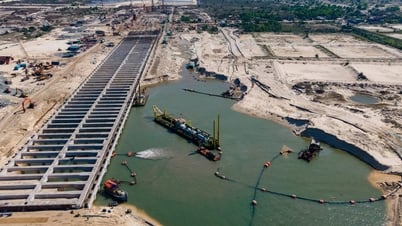



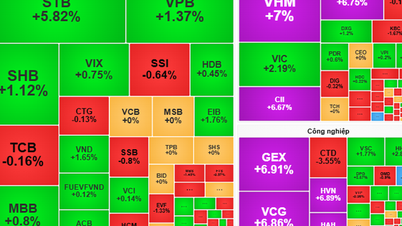







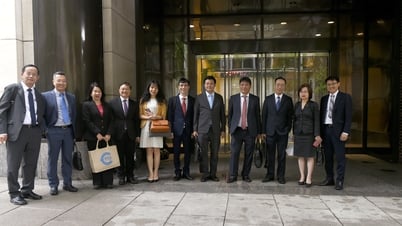
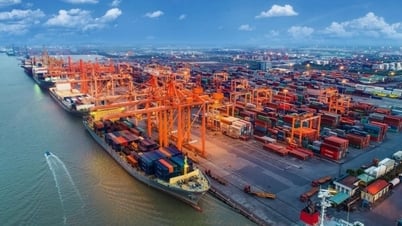
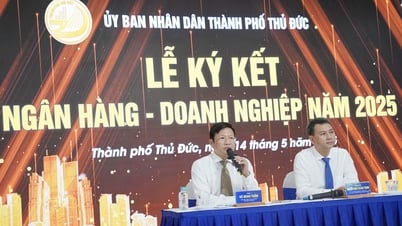
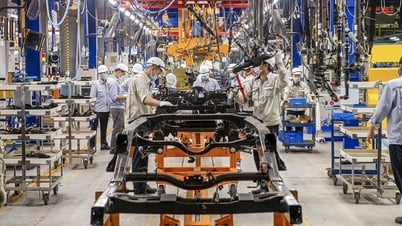




































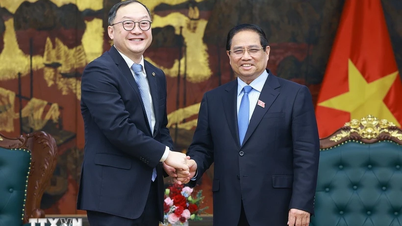






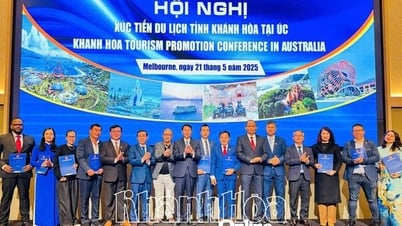







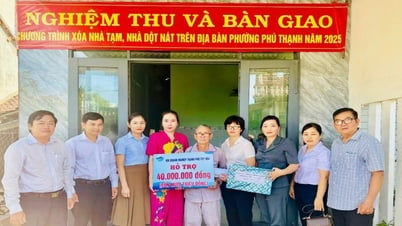

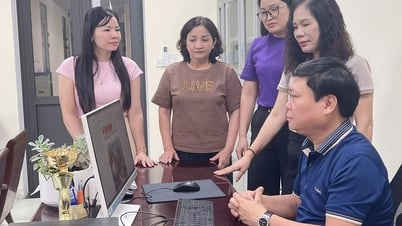



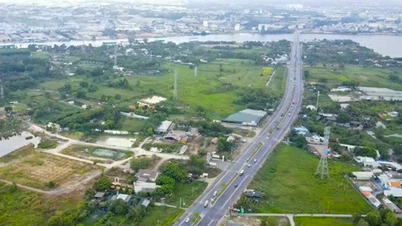












Comment (0)